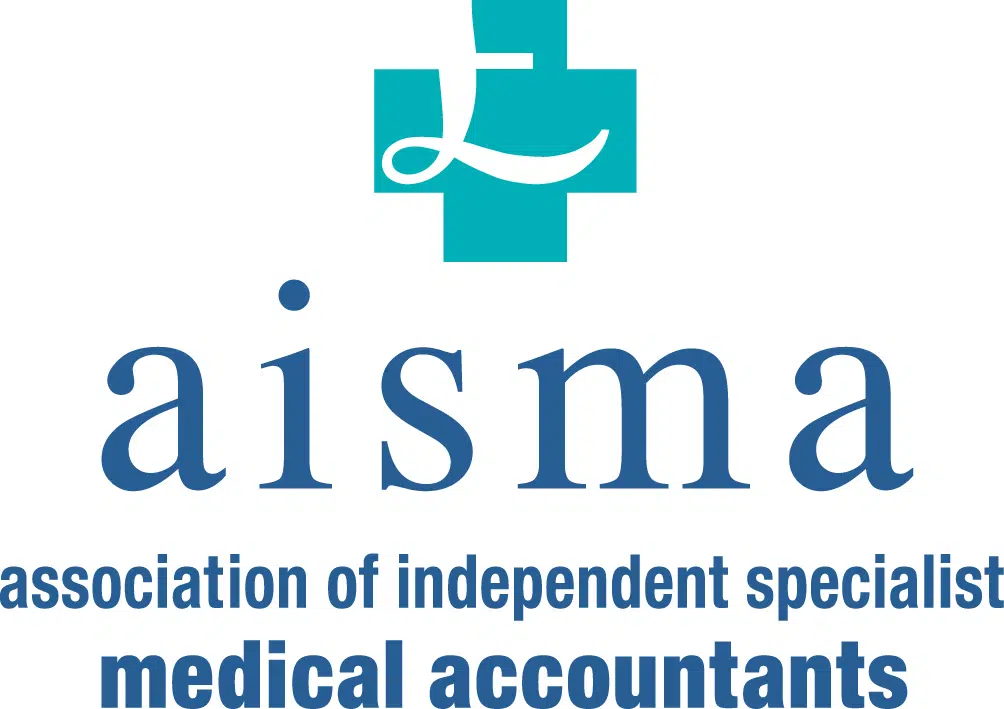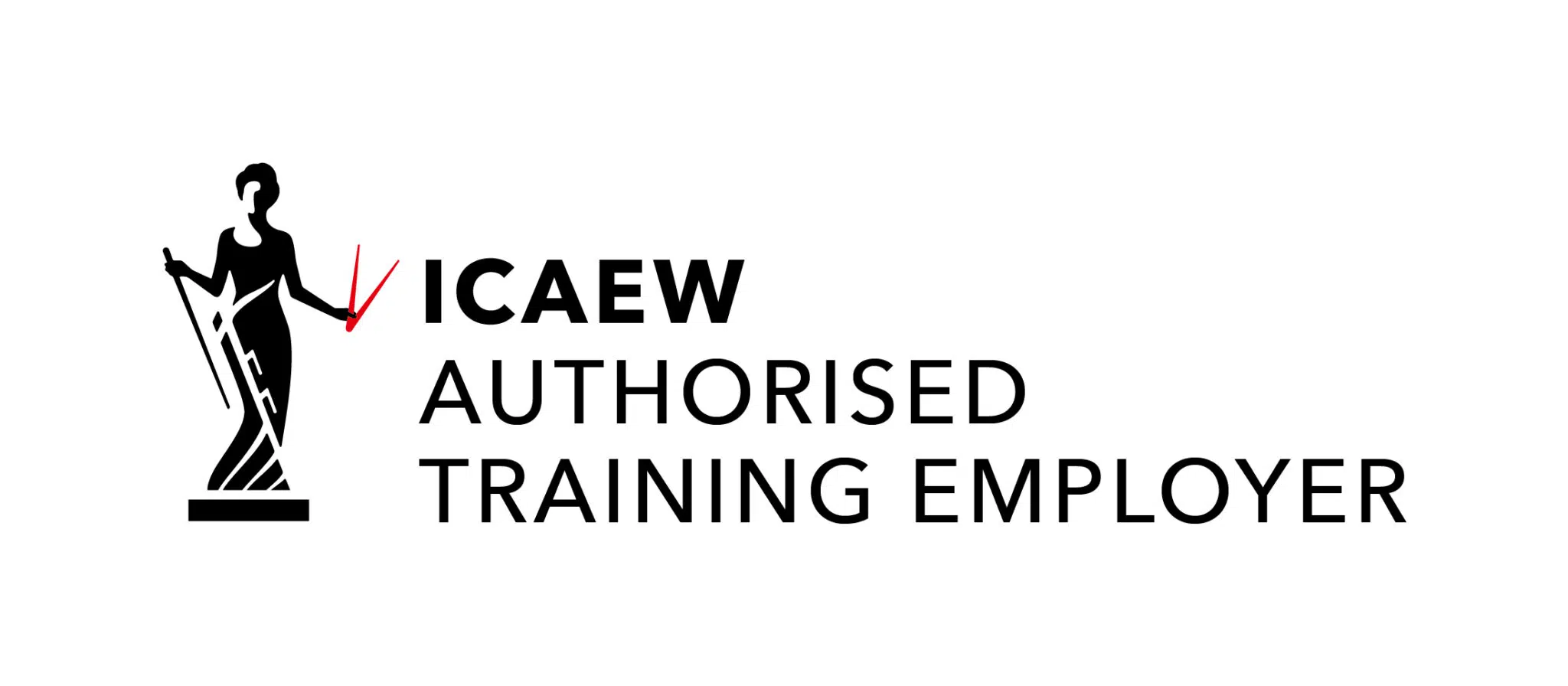Break in letting: has the business ceased?
Published: 17th July 2023
Your long-standing tenant has moved out of your buy-to-let property and you haven’t yet found another. You’re still incurring costs on the property but as there’s no rent coming in can you continue to claim a tax deduction for them?
Stop-start letting, non-stop expenses
It’s unlikely that when a tenant moves out of your property another will immediately move in. There are inventories, cleaning, repairs, and a host of other jobs to do before that can happen. These cost money and, what’s more, while the property is empty you’ll still have to pay interest on any borrowing relating to the property plus costs normally met by the tenant, e.g. council tax.
Status of property
Costs of letting a property are tax deductible from rent, subject to HMRC rules. But if you have no rent coming in are costs tax deductible, and if so from what? This is where the status of the property is important. In HMRC’s eyes a property can be: let commercially, let uncommercially, e.g. at mates-rates or no rent to family or friends, occupied personally by you, the rental business has ended or it’s temporarily vacant. The tax treatment of expenses depends on which situation applies.
Uncommercial letting
Expenses incurred in respect of a period of uncommercial letting, e.g. at a less than the full rent you could expect to get, can only be deducted up to the amount of the rent received. This means either there’s no profit or a loss where expenses exceed the rent. Any excess expenses cannot usually be claimed against later or earlier rents.
Personal occupation
As you would expect, none of the expenses incurred for a period of personal occupation are deductible. Note. An expense, e.g. buildings insurance, which covers a period during which the property has more than one occupancy status , e.g. commercially let, vacant and let uncommercially, must be apportioned and attributed to each period on a time basis.
Rental business has ceased
Except where the Tip below applies, you can claim a tax deduction for expenses incurred after the letting business has permanently ceased. Deciding if it has or hasn’t ceased isn’t always straightforward. For example, after a tenant has left the property might be vacant for a long period for various reasons. This doesn’t mean that the rental business has ceased.
Temporarily vacant
Expenses incurred for a period when a property is temporarily vacant can be deducted for the tax year in which they were incurred. In theory a property could be vacant for a whole tax year and the expenses incurred for that period would be tax deductible. This would result in a loss for the year which can be carried forward and deducted from rental business profits of later years.
Remember, the date an expense is paid doesn’t necessarily determine which period it relates to. For example, a plumber’s bill for work during a tenancy might be invoiced or paid when the property is vacant, but it is tax deductible because it relates to a period of commercial letting.











